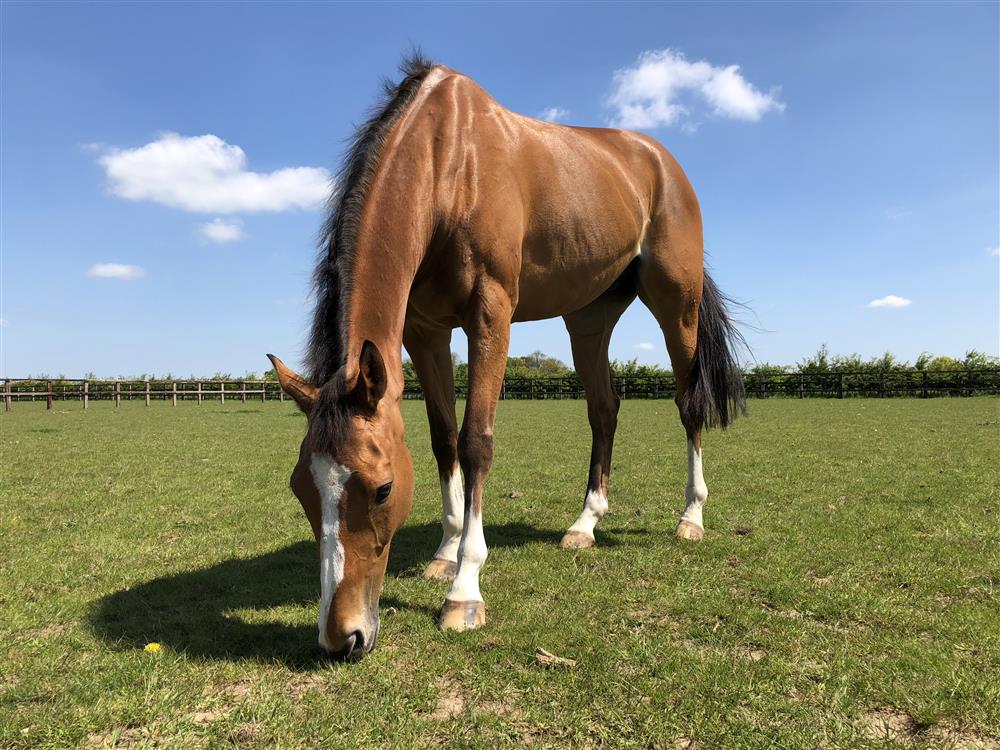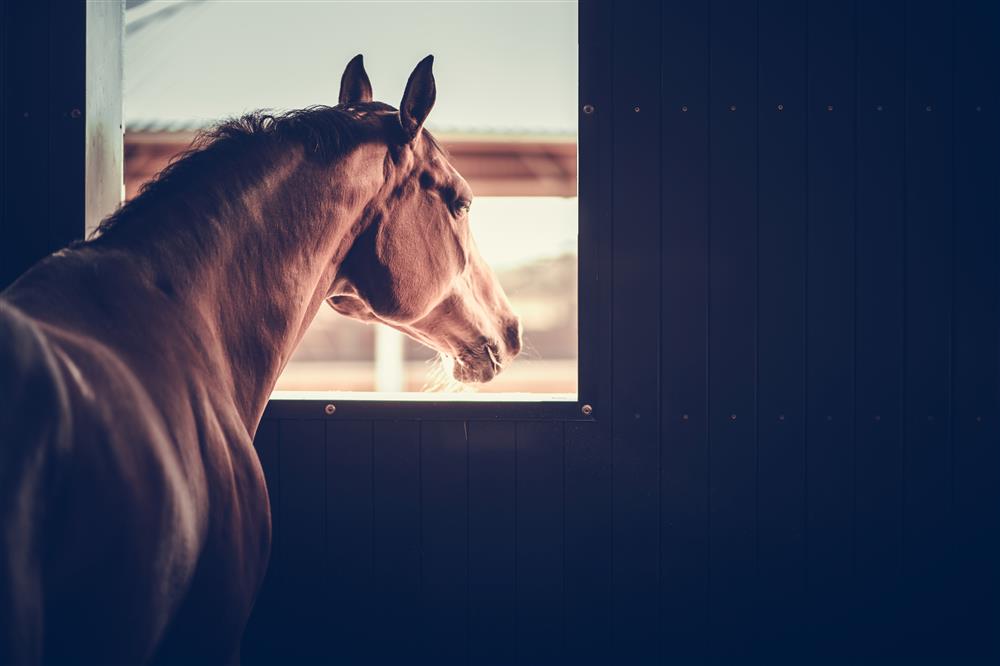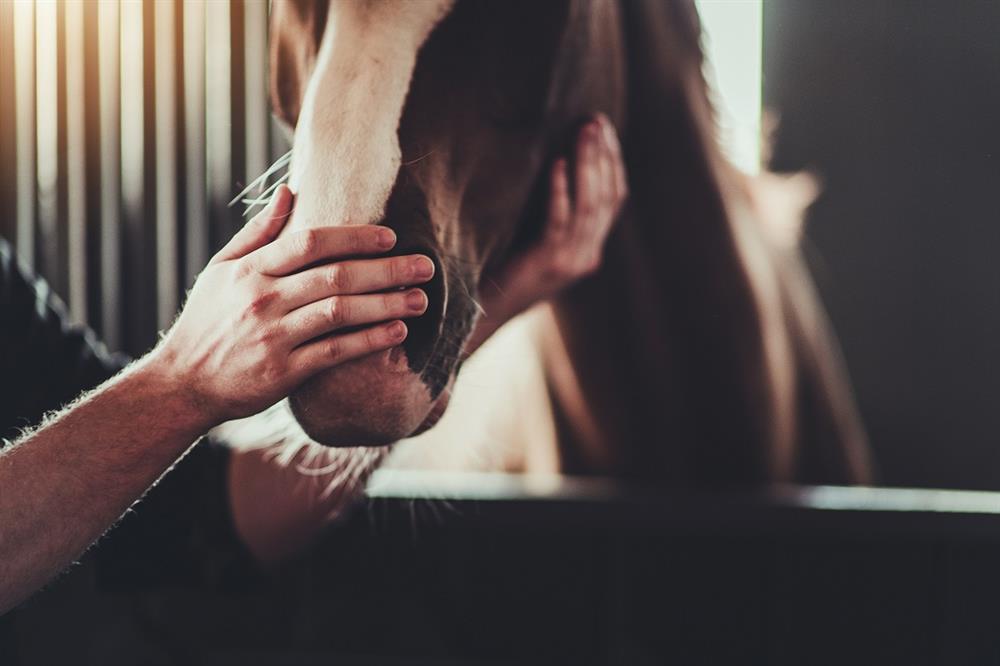During summer, most horses have generally been spending an increased amount of time at pasture due to the better weather, longer daylight hours and more grazing being available.

Is my horse at risk?
With the growth of fresh, green grass it is common for many horse owners to cut down the amount of concentrate feed which is fed. However, regardless of how well your pasture is cared for, some horses may not be getting the correct quantities of nutrients needed to support general health.
Other types of horses that are likely to also be at risk of nutrient deficiencies include youngstock, pregnant or lactating mares, performance horses and those on box rest or stabled 24/7.

If your horse is not receiving their required vitamins and minerals, they could develop a nutrient deficiency. The four most common nutrients which are commonly deficient in horses are:
-
Selenium
-
Vitamin E
-
Iodine
-
Salt (Sodium Chloride)
Selenium is a trace mineral and is often found naturally in the soil. If the soil is low in selenium, consequently your horse will be too. Selenium is known as an antioxidant but is also used in the body for iodine metabolism, supporting the immune system and repair of DNA cells. Horses low in selenium can exhibit signs of muscles issues, poor fertility, poor immunity and inflammation. However, excessive levels of selenium can be toxic.
Vitamin E is also an antioxidant (and is linked to Selenium) so protects the cells from oxidative damage. Horses which are low in vitamin E can show signs of gait abnormalities through muscle weakness, heart dysfunction and reproductive issues.
Iodine plays an important function within the horse’s thyroid metabolism and synthesising triiodothyronine and thyroxine (thyroid hormones). Low iodine levels are often characterised by a dull coat, lethargy, lack of appetite and thickened skin. Often a goiter (an enlargement of the thyroid gland) will be produced to indicate symptoms of both a deficiency and toxicity.
Salt is an incredibly important nutrient within the horse’s body as a lack of sodium will not trigger the thirst response, which can lead to the horse becoming dehydrated. This nutrient is especially needed throughout the summer months as the horse will sweat more and consequently need a higher salt intake to replace what is lost. Signs of a salt deficiency includes loss of appetite, lethargy, stiff movements and sweating with little exertion. It is therefore advisable to provide a well-balanced electrolyte supplement such as Replenish and possibly a salt lick.
Testing for deficiencies...
Certain nutrient deficiencies such as selenium and vitamins B, D and E can be diagnosed by blood tests. Testing the horse’s blood for deficiencies is the most common diagnosis veterinarians use as this provides a base point to keep track of the horse’s needs. However, usually horses with a deficiency show clinical signs such as fatigue or poor coat condition.
Preventing deficiencies...
To prevent or manage a nutrient deficiency, it is required that you feed the full recommended amount of your chosen concentrate/hard feed. Feeding instructions can be found on the feed bag and will be based on the weight, condition and workload of your horse. For horses that are not fed the full recommend amount of hard feed, such as those who are overweight, adding a vitamin and mineral supplement to their feed will help to fulfil their daily nutrient requirements. We have a range of balancers available here.

Seek advice...
If you are concerned that your horse may be demonstrating signs of a nutrient deficiency, please get in touch with an Equine Nutritionist who can advise you on how to improve your horse’s diet. Our Nutritionists are available seven days a week, just call freephone 0800 585525 or email [email protected].
However, if your horse is demonstrating more severe signs of a deficiency or you are concerned for your horse’s health, please contact your veterinarian.

